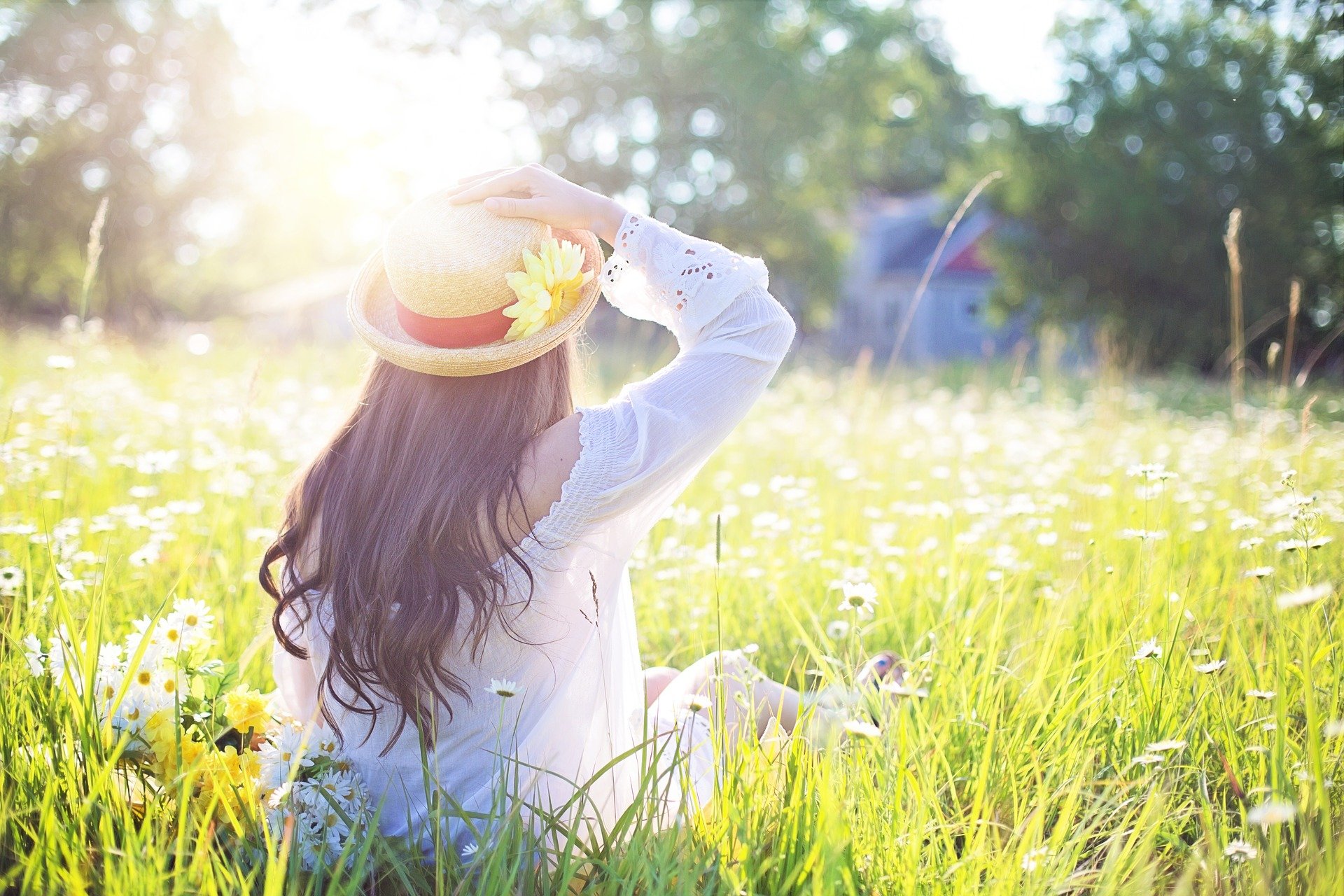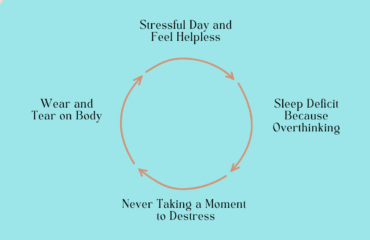Spring is almost here! Budding trees, blooming flowers, and the clean scent of freshly mowed grass are just around the corner. If this mental picture fills you with dread, you are likely one of the millions of people worldwide who suffer from seasonal allergies. If you would like to take action to make yourself less miserable this year, check out these tips below.
How to Avoid Seasonal Allergies
Escaping your allergies can be a challenge, but it is not impossible. Here is what we recommend you do:
- Avoid going out on days with a high pollen count.
- When the pollen count is high, keep windows and doors shut.
- Delegate outdoor chores like lawn mowing and weed pulling to others or wear a pollen mask when doing them yourself.
- Avoid hanging laundry outside so that pollen can’t stick to it.
- Remove your clothing when you come inside to be washed.
- Take a shower to rinse the pollen off your skin and hair after being outside.
- Follow the cleaning schedules of your air heating and conditioning systems.
- Use an air purifier.
- Start taking your allergy medications when you know the pollen count is about to rise.
Treatments for Seasonal Allergies
Sometimes, there is no avoiding your allergies. When it comes time to head outside, there are steps that you can take to ease your allergy symptoms without a prescription.
1. Oral Antihistamines
Antihistamines can help relieve itching, sneezing, runny nose, and watery eyes. Some examples of over-the-counter antihistamines are Claritin and Zyrtec Allergy.
2. Decongestants
Decongestants provide temporary relief for nasal stuffiness. Unfortunately, decongestants are a short-term option and should only be used a few days in a row before stopping. Over-the-counter options include Sudafed and Afrinol.
3. Nasal Spray
Nasal sprays are another option for allergy relief, although they are generally used before symptoms appear. For consistent nasal spray use, you should speak with a doctor.
4. Nasal Rinses
Nasal rinses flush mucus and allergen from your nose to provide relief. The most common option is a squeeze bottle or neti pot that uses distilled water and a saline solution. Do note that distilled water is essential (tap water or bottled water is not acceptable).
When the above remedies aren’t enough, we recommend that you speak with a doctor about possible prescriptions or alternative treatment options.
You Are Not Alone
Millions of people suffer from seasonal allergies each year, with each individual having a different level of severity and various symptoms. Just remember that you are not alone and that you don’t have to suffer through it. Contact your regular doctor or your local first care for recommendations on how you can incorporate allergy medication into your routine.





